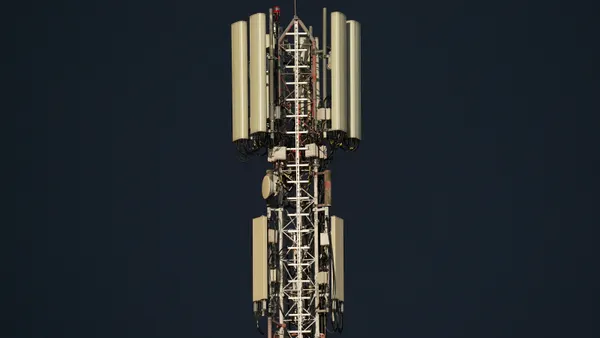Dive Brief:
-
The Shadowserver Foundation reported Saturday that more than 14,000 Fortinet devices across the globe have been compromised by a threat actor that exploited known vulnerabilities and deployed a symlink-based persistence mechanism.
-
In a blog post last week, Fortinet warned that a threat actor had used older critical vulnerabilities, including CVE-2022-42475, CVE-2023-27997 and CVE-2024-21762, to gain access to FortiGate devices and maintained read-only access after the devices were patched through the persistence mechanism.
-
Fortinet warned that customer organizations that patched these older vulnerabilities may still be compromised, as the symlink modifications evaded the vendor's detections and persisted after updates. A symlink, or a symbolic link, is basically a shortcut to a file.
Dive Insight:
Shadowserver's latest scans showed nearly 7,000 compromised Fortinet devices in Asia, with approximately 3,500 and 2,600 in Europe and North America, respectively. The countries with the most compromised devices are the U.S., Japan, Taiwan and China
In the blog post, CISO Carl Windsor said the symlink mechanism was implanted in devices' user filesystems and provides read-only access to files, which "may include device configurations." The network security vendor noted that customers that never enabled SSL-VPNs are not affected by the threat activity.
In an advisory on Friday, New Zealand’s Computer Emergency Response Team (CERT NZ) said the threat activity involved "widespread exploitation" of Fortinet vulnerabilities going back to 2023. CERT-NZ also warned the symlink mechanism may have given the threat actor access to highly sensitive data on Fortinet devices.
"The compromise may have allowed the actor to access sensitive files from compromised devices including credentials and key material," the CERT-NZ advisory said.
Other government agencies also issued alerts regarding the Fortinet threat activity. France's Computer Emergency Response Team said the new post-exploitation technique has been used in wide-scale attacks in the country. "CERT-FR is aware of a massive campaign involving numerous compromised devices in France. During incident response operations, CERT-FR has learned of compromises occurring since early 2023," the agency said in its advisory.
Windsor said in the blog post that Fortinet communicated directly with customers that were affected by the threat activity. Fortinet released updates and mitigations that can detect and remove the symlink from devices' filesystems and prevent them from being redeployed.
However, CERT-FR emphasized that applying updates and removing the malicious symlink are "not sufficient in the event of a compromise." The agency urged such customers to isolate compromised devices from their networks and perform a "data freeze" to investigate the malicious activity; reset all secrets on affected devices, such as passwords and certificates; and reset all authentication secrets that may have been transmitted through the compromised devices.
Cybersecurity Dive contacted Fortinet for comment but the company has not responded.













